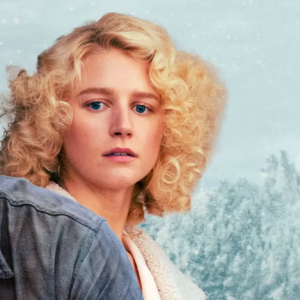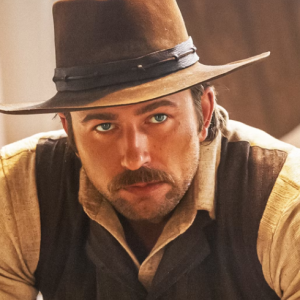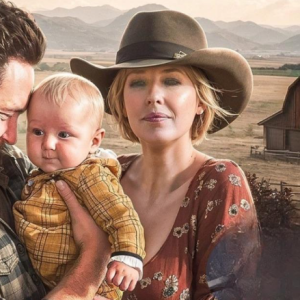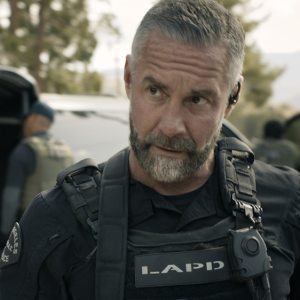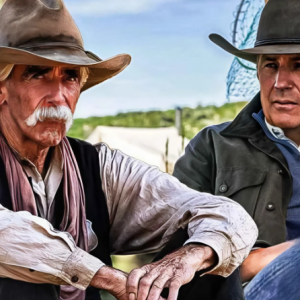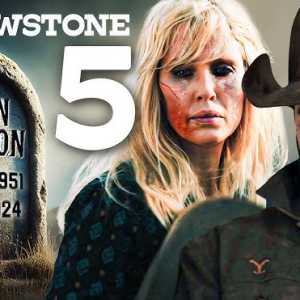Sam Elliott, a towering figure in American cinema whose gravelly voice and iconic mustache have long epitomized the stoic spirit of the American West, made headlines not just for his acclaimed performance in 1883, but for his surprising and candid disdain for its parent series, Yellowstone. Despite the widespread success and cultural phenomenon that Yellowstone has become, Elliott’s stance offers a rare glimpse into an actor’s deeply held artistic principles, prioritising narrative authenticity over association with a popular franchise. His refusal of a role in Yellowstone, even when offered by the prolific creator Taylor Sheridan, underscores a commitment to storytelling that resonates deeply with his legendary career.
Elliott, who delivered a powerful, Emmy-nominated performance as Shea Brennan in 1883, the prequel series chronicling the arduous journey of the Dutton family’s ancestors, revealed his true feelings about Yellowstone on Marc Maron’s “WTF” podcast in 2022. While acknowledging his admiration for Kevin Costner and the talented cast of Yellowstone—many of whom he’d worked with previously—Elliott held nothing back. “I’m not a Yellowstone fan. I don’t watch Yellowstone,” he declared, following up with a blunt assessment: “it’s just too much like fucking Dallas or something for me.” This comparison to Dallas, a quintessential 1980s prime-time soap opera, is highly revealing. It implies a narrative style steeped in exaggerated drama, intricate family betrayals, boardroom power plays, and endless melodrama, elements that Elliott clearly finds antithetical to his artistic sensibilities. For an actor celebrated for his grounded, often gritty portrayals of real-life struggles and historical figures, Yellowstone’s polished, often sensationalized portrayal of ranch life felt disingenuous—a “rhinestone-studded rodeo” rather than a “dust-covered, boots-on-the-ground epic.”
The stark contrast between Yellowstone and 1883 forms the crux of Elliott’s perspective. While Yellowstone immerses viewers in the contemporary struggles of the Dutton family to protect their vast Montana ranch from developers, politicians, and internal strife, 1883 stripped away the modern complexities to depict the raw, brutal reality of westward expansion in the late 19th century. 1883 is a narrative of survival, loss, and the unyielding forces of nature and human desperation. Its characters, like Shea Brennan, are forged in the crucible of immense hardship, their motivations driven by primal instincts and profound grief. This stark realism, the sweat, the dirt, and the genuine peril, clearly resonated with Elliott in a way Yellowstone’s polished drama simply could not. He once praised 1883 as “a true epic,” emphasizing its profound historical weight and emotional depth, aspects he felt were absent or diluted in the more modern series.
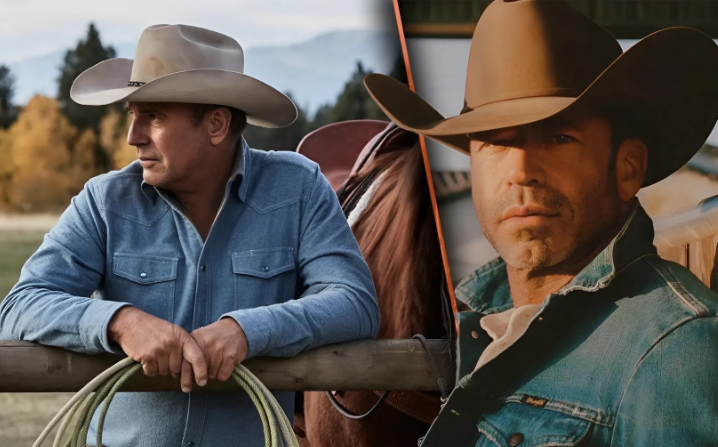
It’s a testament to Taylor Sheridan’s respect for Elliott that he actually offered the veteran actor a role in the flagship Yellowstone series. However, Elliott, with the conviction of a cowboy poet, politely declined. His reasoning was simple and deeply rooted in his professional ethos: “Good work for me has always been born on the page first, so it’s always about the script.” This statement highlights a fundamental artistic principle for many seasoned actors—the script is the foundation, the blueprint for a performance. For Elliott, a captivating storyline, well-developed characters, and authentic dialogue trumped the allure of joining a massively popular show. He sought substance, not just visibility, confirming that his choices are guided by a genuine pursuit of quality storytelling rather than ego or fame. The narrative of 1883, with its unflinching look at a pivotal period in American history and its profound exploration of themes like grief, perseverance, and the human cost of empire-building, undoubtedly offered the kind of rich, character-driven material Elliott values.
Perhaps the most potent expression of Elliott’s feelings came when he declared that 1883 was “tainted by Yellowstone.” This particular word—”tainted”—carries significant weight. It implies a perceived artistic dilution or diminishment of 1883’s standalone merit by being perpetually linked to its more contemporary counterpart. Elliott believes 1883 deserves to be recognized as a distinct, powerful narrative in its own right, not merely as a historical footnote or a spin-off designed to explain the origins of the Dutton ranch. For an actor who has spent decades building a career on authentic portrayals, the idea of his work being overshadowed or devalued by association with a series he views as overly sensationalized would naturally be a source of frustration. He likely views 1883 as a profound historical drama, while Yellowstone is, in his eyes, more of a television soap opera, and the conflation of the two undermines the artistic integrity of the former.
Sam Elliott’s public stance serves as a compelling reminder of the diverse artistic visions that can emerge even within the same creative universe. Taylor Sheridan, a singular voice in contemporary Westerns, has successfully built an expansive “Yellowstone” empire that includes multiple prequels and spin-offs, each with its distinct tone. Yet, Elliott’s critique highlights a divide in aesthetic preferences: the raw, historical authenticity he cherishes versus the high-stakes, often melodramatic narratives that have captivated millions of Yellowstone viewers. Ultimately, Elliott’s rejection of Yellowstone was not born of animosity, but from a profound and unwavering commitment to his artistic compass. He continues to choose roles that resonate with his vision of authentic, impactful storytelling, demonstrating that for some actors, integrity on the page is far more valuable than the allure of the most popular show on television. His dedication to craft over commercial appeal is a testament to the enduring power of genuine artistic conviction.
